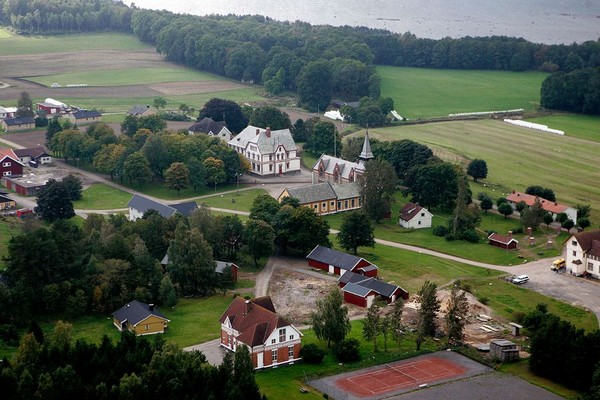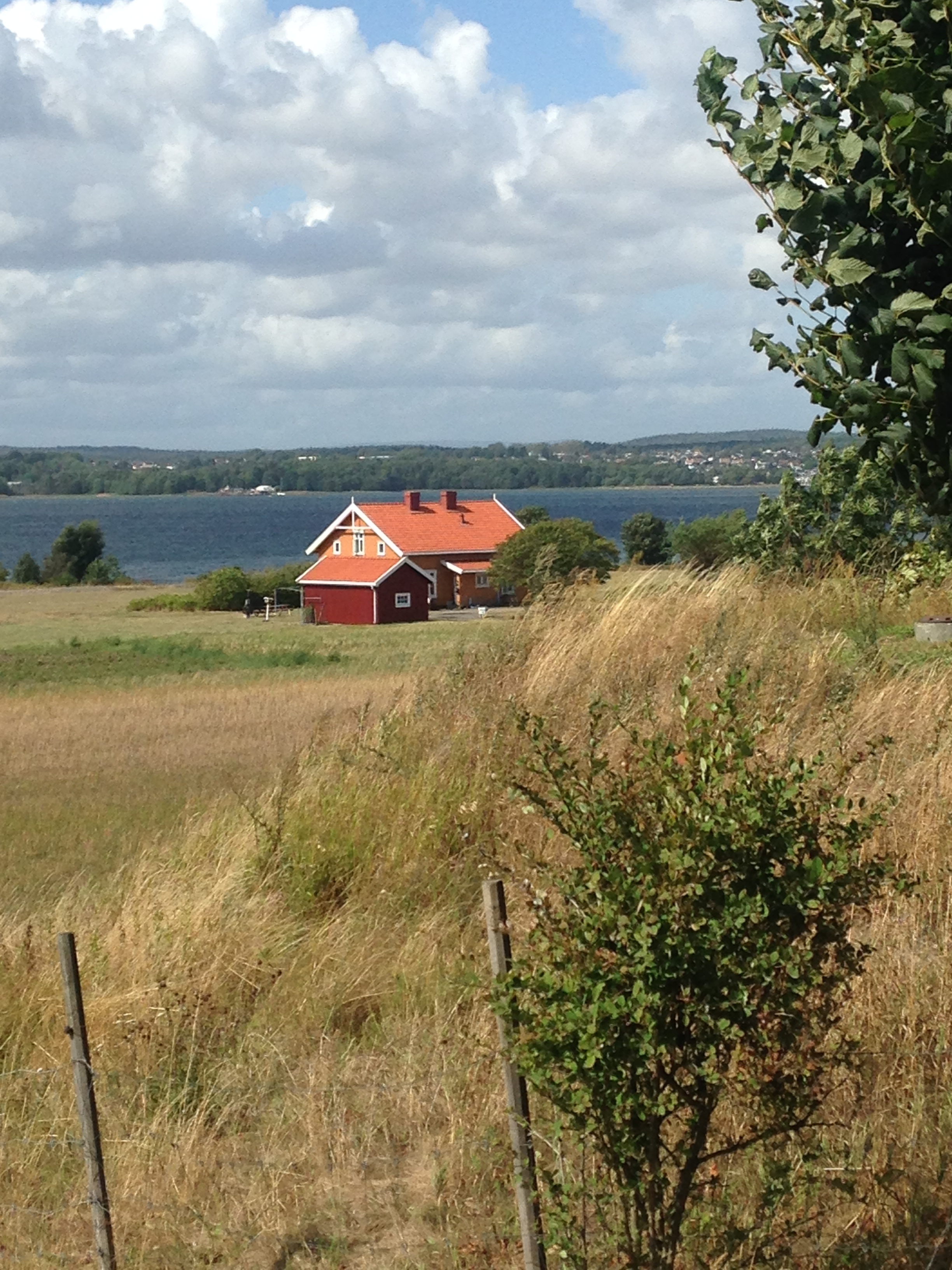
Picture this: A gentle breeze on a lush island; a vibrant blend of colorful flowers, lively crops, and freshly painted sea-side homes. Horses pull wagons of newly chopped wood as a natural heating source in preparation for winter. Twinkles of light reflect from dozens of solar panels, and fishermen cast their lines in rolling tides. In the distance, autumn leaves crunch under the footsteps of hikers enjoying a quiet time of reflection in nature.
The island is lively, but peaceful. Gentle, but powerful. Each member works and contributes to the progressive, self-sustaining village.
What type of people fit the description of this community? Are they happy families with laughing children, playing and running through meadows? Are they hipsters with wire-rimmed glasses, fighting climate change and saving the planet?
The 120 inhabitants of this island are living representatives of the "don't judge a book by its cover" proverb. They are murderers, rapists, addicts, and thieves—individuals who, in the opinion of one U.S. criminal justice student, should not even be granted the right to see the light of day: "If you knowingly commit a huge crime, you have to be prepared to suffer the consequences. And the consequences should be complete isolation and a total lack of freedom. [Criminals] should constantly have to think about the severity of their actions. If they don't, then what's the point in sentencing them?" says the student (who asked not to be identified).
But on Bastøy Prison Island of Norway, attitudes are different.
"One of my major teaching points is to support what is," says former Bastøy Governor and human ecology activist Arne Kvernvik Nilsen. "Not to focus on the crime that has been committed, but trying to make a change in the way of thinking. And focusing on what is, what works, what is good."
Nilsen believes that making use of human ecology in the prison environment is a method of teaching individuals to discover that they are a part of a global community. "Human Ecology is a theory saying that we should discover that we are a part of the environment. And what we do to the environment, what we do to the nature, comes back to ourselves."
As the first and only prison of its kind, Bastøy leaders and staff have worked to incorporate a human and socio-ecological approach to every facet of life on the island—making it one of the cheapest running prisons in the nation. All 80 buildings, 2.23 square kilometers of land, an antique lighthouse, and even a bird sanctuary, are listed for preservation.
Inmates' daily responsibilities and activities are paired with a constant focus on minimizing CO2-emisions. Farming and agriculture, which almost fully supply the prison kitchen and food stock, are based on sustainable production without the use of artificial fertilizers and toxins. Livestock are grass- and seed-fed and raised in an environment that supports their natural needs and behaviors.
But Bastøy Prison's human ecological attitude runs much deeper than just environmental ethics.
Decades of experience have revealed to Nilsen that working in support of nature encourages inmates to develop respect. "To be able to give respect to someone, you have to know what respect is. And for some people who end up in prison… a lot of these people have lost, or maybe have never been shown any kind of respect to themselves," he says. "But developing responsibility, developing respect for the nature…from that, respect comes to the individual."
Inmates and staff at Bastøy Prison are expected to maintain a tone of camaraderie and mutual respect; working alongside one another as partners throughout the rehabilitation process. Staff members are consistently trained to understand the dynamics of human relations within socially and artificially created environments, a key component of human ecological principles.
The prison's leaders believe that dark and intimidating guards, barbed fences, and high-security walls smother all opportunity for these principles to flourish. As a result, there are zero weapons on the entire island; and according to Nilsen, there is no need for them at all.
"There are no armed officers, and in my period of five years we have had no conflicts. In other prisons people sometimes get into fighting and hurting and making threats to each other and to staff. These things do not happen at Bastøy," he said. "People who have behaved badly at other prisons before, they change their way of thinking."
In regard to human and socio-ecology on a global scale, Nilsen said this: "If you want to truly understand how humane a country is, just look to the way they treat their prisoners."


